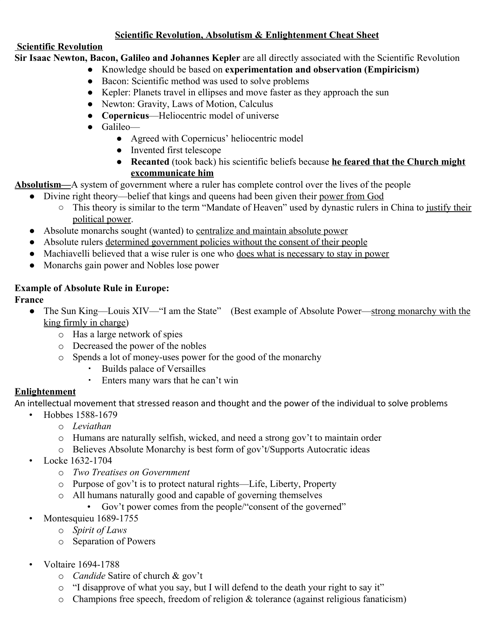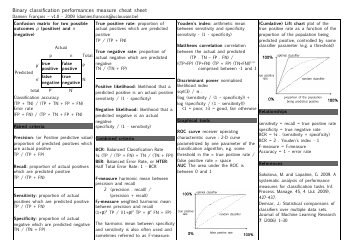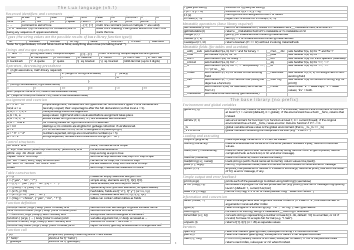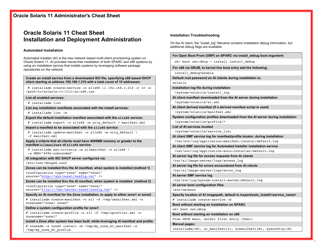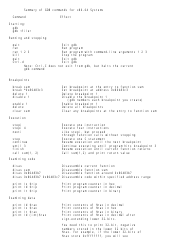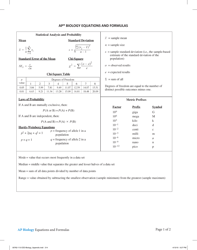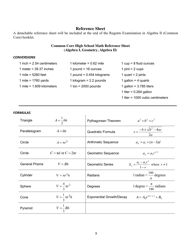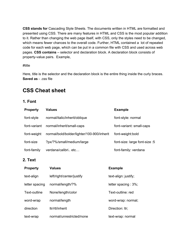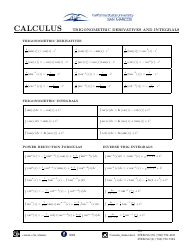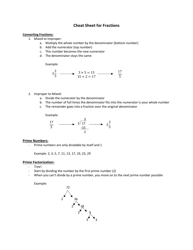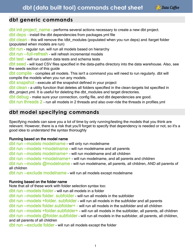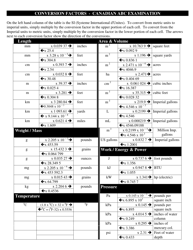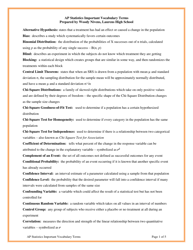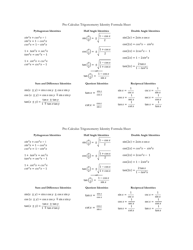Scientific Revolution, Absolutism & Enlightenment Cheat Sheet
The Scientific Revolution, Absolutism & Enlightenment Cheat Sheet is a document that provides a summary or overview of key concepts, events, and figures related to the Scientific Revolution, Absolutism, and Enlightenment. It is designed to help individuals quickly understand and remember important information about these topics.
The cheat sheet for the Scientific Revolution, Absolutism & Enlightenment can be filed by teachers, students or anyone who finds it useful.
FAQ
Q: What was the Scientific Revolution?
A: The Scientific Revolution was a period of time in the 16th and 17th centuries when advancements in science and mathematics revolutionized our understanding of the natural world.
Q: What is absolutism?
A: Absolutism is a form of government in which a ruler has complete authority and power over the state and its people.
Q: What was the Enlightenment?
A: The Enlightenment was an intellectual and philosophical movement in the 18th century that emphasized reason, logic, and individual freedoms.
Q: Who were some important figures of the Scientific Revolution?
A: Some important figures of the Scientific Revolution include Galileo Galilei, Isaac Newton, and Nicolaus Copernicus.
Q: Who were some influential absolutist rulers?
A: Some influential absolutist rulers include Louis XIV of France, Peter the Great of Russia, and Frederick the Great of Prussia.
Q: Who were some key philosophers of the Enlightenment?
A: Some key philosophers of the Enlightenment include John Locke, Voltaire, and Jean-Jacques Rousseau.
Q: What were the main ideas of the Enlightenment?
A: The main ideas of the Enlightenment included belief in reason, individual rights, religious tolerance, and separation of powers.
Q: What impact did the Scientific Revolution have on society?
A: The Scientific Revolution paved the way for advancements in technology, medicine, and our understanding of the natural world.
Q: How did absolutism affect the power of monarchs?
A: Absolutism strengthened the power of monarchs, allowing them to rule without any constitutional limits or checks on their authority.
Q: What were some of the achievements of the Enlightenment?
A: Some achievements of the Enlightenment include the American and French Revolutions, the development of democratic ideals, and advancements in science and philosophy.
